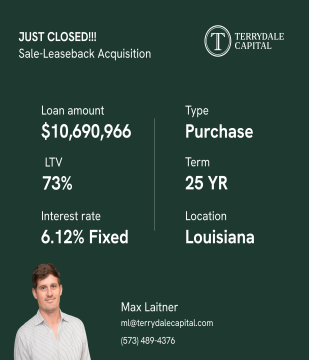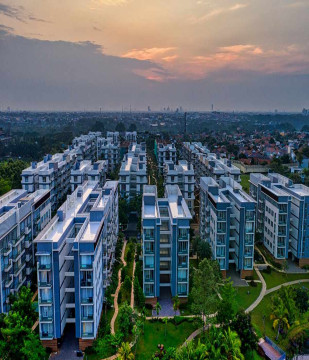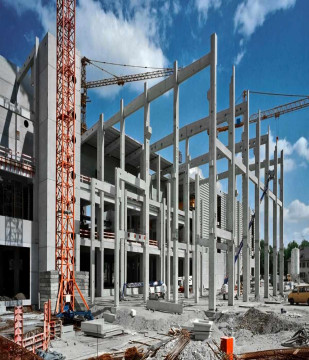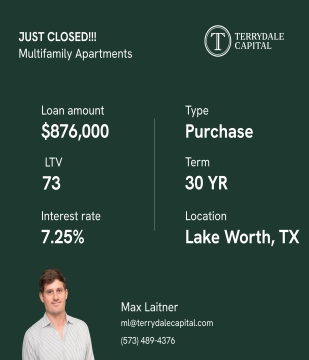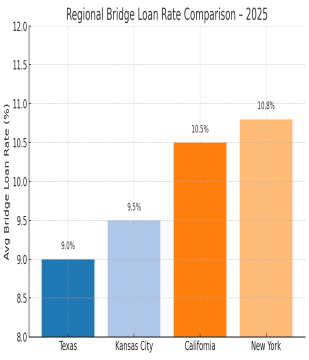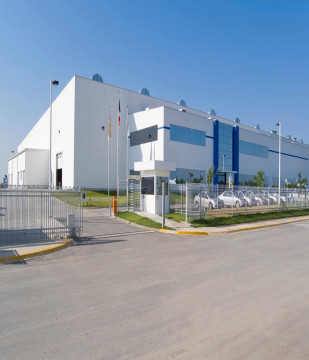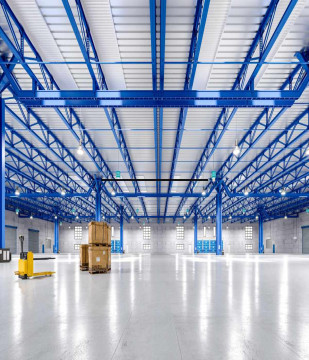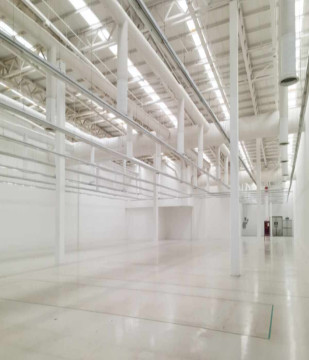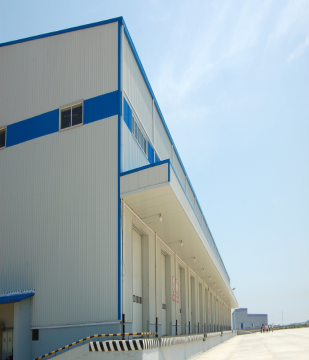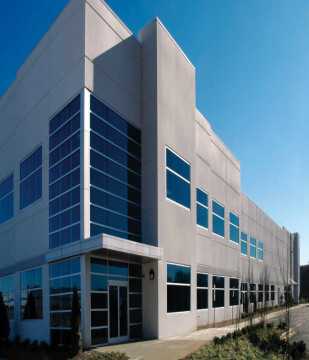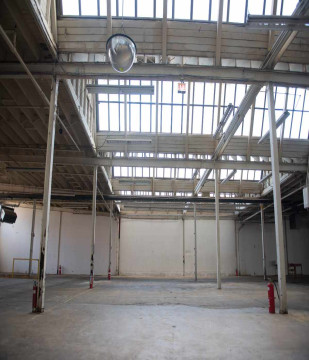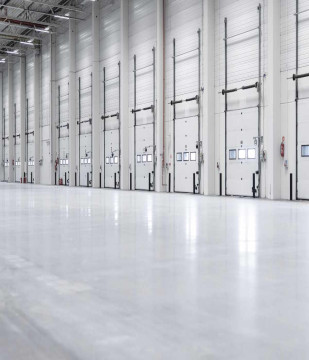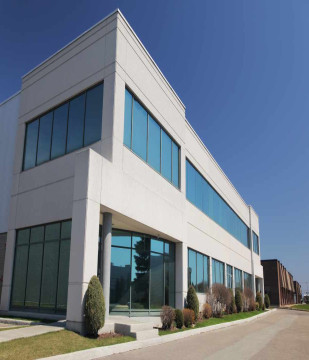Breaking Down Affordable Housing

Terrydale Capital
Mar 1, 2024 9 Min read
 Learn
Learn
In the current market, escalating housing prices coupled with above average interest rates has kept many homeowning hopefuls planted firmly in the rental market. However, those stuck in the rental market are also cornered with exceedingly high rental prices which has been pricing many out of comfortable living. Despite this, supply of true affordable housing options pales in comparison to the ever growing demand. With demand only growing and opportunities to help communities, affordable housing is growing into a strong investment option.
Understanding Affordable Housing:
Affordable housing refers to residential properties that are priced at a level that is affordable to individuals or families with moderate or low incomes. The primary goal of affordable housing initiatives is to provide safe, decent, and affordable living spaces for those who may otherwise struggle to secure suitable housing options. While the concept seems straightforward, determining what qualifies as affordable housing can be complex.
Factors Influencing Affordability:
Several factors influence the affordability of housing, including:
- Income Levels: Affordability is often measured as a percentage of a household's income. Housing costs should ideally consume no more than 30% of a household's income to be considered affordable.
- Location: Housing affordability varies greatly depending on the region, city, and even neighborhood. Urban areas typically have higher housing costs compared to rural areas.
- Supply and Demand: Housing supply and demand dynamics directly impact affordability. In areas with high demand and limited supply, housing prices tend to rise, making it less affordable.
- Government Policies and Programs: Governments often implement policies and programs to promote affordable housing, such as subsidies, tax incentives, and zoning regulations.
Classification of Affordable Housing:
In commercial real estate, affordable housing is often classified into different categories based on various criteria. These classifications help developers, investors, and policymakers understand the specific needs of different demographic groups and tailor their strategies accordingly. Some common classifications include:
- Low-Income Housing: This category typically serves individuals or families with incomes below the area median income (AMI). Low-income housing projects often receive government subsidies or tax credits to make them financially feasible for developers.
- Workforce Housing: Workforce housing targets moderate-income individuals, such as teachers, nurses, and service workers, who may struggle to afford market-rate housing in high-cost areas.
- Senior Housing: Affordable housing for seniors caters to the needs of elderly individuals with limited incomes. These developments may offer amenities and services tailored to the unique requirements of seniors, such as accessibility features and healthcare facilities.
- Transitional Housing: Transitional housing provides temporary shelter and support services to individuals experiencing homelessness or facing other housing crises. These facilities aim to help residents stabilize their lives and transition to permanent housing.
Benefits of Affordable Housing:
Investing in affordable housing offers numerous benefits, including:
- Social Equity: Affordable housing promotes social equity by ensuring that people from diverse socioeconomic backgrounds have access to safe and stable housing options.
- Economic Stability: Stable housing contributes to economic stability by reducing homelessness, improving workforce participation, and fostering community development.
- Health and Well-being: Access to affordable housing has positive impacts on physical and mental health outcomes, as well as educational attainment and overall well-being.
When Compared To Traditional Residential Assets
- Steady Demand: There's often a consistent demand for affordable housing, regardless of economic conditions. People always need affordable places to live, making this sector more resilient to economic downturns.
- Government Support: Affordable housing projects often receive support from government agencies or programs, such as tax incentives, subsidies, or grants. This support can help stabilize cash flows and reduce financial risks for investors.
- Social Impact: Investing in affordable housing allows investors to make a positive social impact by providing safe and affordable housing options for low-income individuals and families. This can be personally fulfilling for investors who prioritize social responsibility.
- Less Competition: Compared to traditional multifamily assets, there may be less competition in the affordable housing market. This could potentially lead to less aggressive bidding and more favorable pricing for investors.
- Long-Term Stability: Affordable housing investments can offer long-term stability, as tenants tend to stay in these properties for longer periods, reducing turnover and vacancy risks.
- Regulatory Stability: Government regulations often provide stability for affordable housing investments, as policies aimed at supporting affordable housing tend to remain relatively consistent over time.
- Diverse Tenant Base: Investing in affordable housing allows for a diverse tenant base, including individuals from various income levels and backgrounds. This diversity can help mitigate risks associated with relying on a single demographic for occupancy.
- Resilience During Economic Downturns: Affordable housing tends to be more recession-resistant compared to higher-end properties. Even during economic downturns, the demand for affordable housing remains relatively stable or may even increase as people seek more affordable living options.
- Potential for Community Development Incentives: Investing in affordable housing projects can sometimes qualify for additional incentives aimed at community development, such as grants for revitalizing neighborhoods or improving local infrastructure.
In Conclusion
Affordable housing presents many opportunities for diverse investment for commercial real estate professionals, but also poses itself as an opportunity to engage in communities and assist in the growing crisis of need. Terrydale Capital is actively engaging and quoting a variety of affordable housing deals across the nation. When you need the right team beside you for your commercial real estate investment, contact us today!
Partner With Terrydale Capital for Your Debt Financing Needs
When it comes to debt financing, understanding the right timing, process, and options is crucial. At Terrydale Capital, we provide a comprehensive range of commercial loan solutions tailored to meet your business's unique needs.













